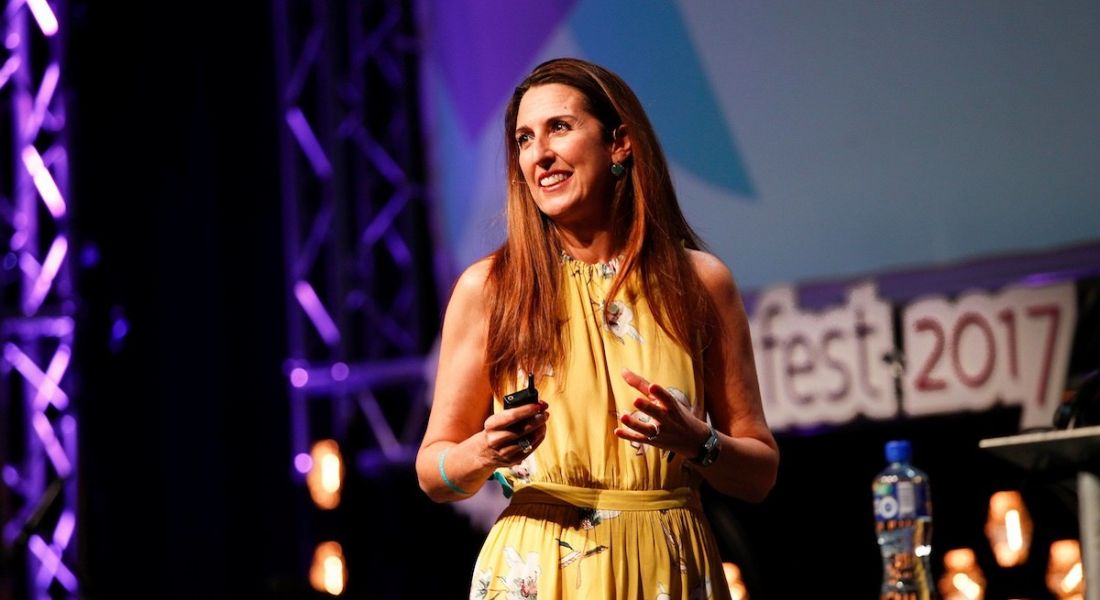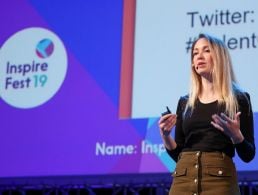As fears over the threat robots pose to the future of human work grow, Inma Martinez takes us to a future where human brains are changing to adapt.
The machines aren’t just coming, they’re here. In fact, they’re orchestrating much of the work of the financial sector and in the most advanced areas of science.
The problem is that many are fearful of its influence, particularly with prominent figures such as Elon Musk and Bill Gates suggesting that the mass, unfettered adoption of artificial intelligence (AI) and robotics will lead to humankind’s downfall.
But, for Inma Martinez, a technologist-turned-venture-partner for Deep Science Ventures, the onset of these new technologies will do the complete opposite: it will unleash our creativity.
Speaking on stage at Inspirefest 2017, Martinez said that when AI and machines become commonplace in the workforce, their role will essentially be to pick up the slack of the monotonous admin work many of us dread.
As a result, humans will be encouraged to be more creative and ‘right-brained’.
In particular, Martinez spoke about how centennials – those under the age of 22 – are the driving force behind this new creativity push.
“They want to work for themselves; they feel the pain of the world, they feel the pain of the animals; they want a society that is equal and a future that is bright and human, and that is what I work for,” she said.
This doesn’t mean that these robots should just be unleashed upon the workplace, and Martinez is calling for greater regulation of such robots.
As an example, MEP Mady Delvaux earlier this year called for robot civil rights and, more importantly, a kill switch that could prevent the dreaded robot takeover.
“When your children want to be film directors, photographers [or] dancers, let them be right-brained humans,” Martinez said.
“Let’s use our right brains and let’s create a world where the machines don’t have names like humans and the robots don’t look like us because it is confusing and is alienating.”




